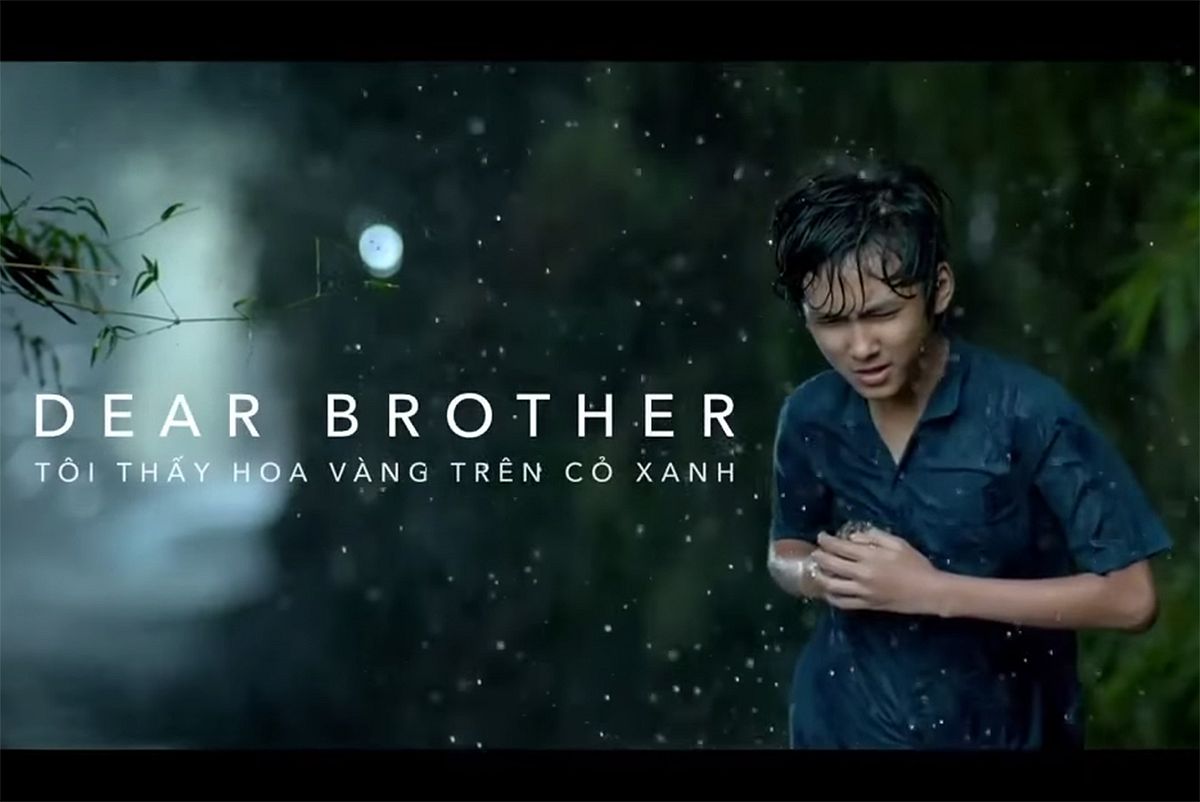The Last Journey of Madame Phung – a film project from Nguyen Thi Tham that highlights a group of wandering LGBT Vietnamese singers, was recently screened at the 36th Cinéma du Réel Festival in Paris where it received critical acclaim.
Captivated by the roaming life of these singers, Nguyen Thi Tham joined and filmed the daily routines of the small, ever-wandering troubadour troupe through Vietnam’s poor country side. Overcoming her initial hesitation to spend a year filming, the director was able to capture genuine elements of this so-called "unorthodox" group and breathed real life into the sensitive topic.
Her 86-minute-debut documentary centers on a man named Phung, a former monk who fell in love with another monk and left the pagoda where he had stayed to form the troupe. Though the group of transvestites who wandered the Vietnam’s southern countryside was considered deviant, it drew curiosity and the performers were able to make a living out of it.
The film captures the candidness of the troupe's daily life – unfavorable weather, coping with ups and downs, hostility and discrimination from locals – and the melancholy scenes of the protagonist’s struggle and eventual death from a critical illness.
Well-cinematographed and intriguing, The Last Journey of Madame Phung projects the raw aspects of life and emotion while showing the common people’s ignorance and prejudice in addition to the group member’s yearnings for life and subsequent disappointment of unattainably fair acknowledgement. It contains a multitude of metaphors for one to absorb, and offers a chance for sharing and understanding.














